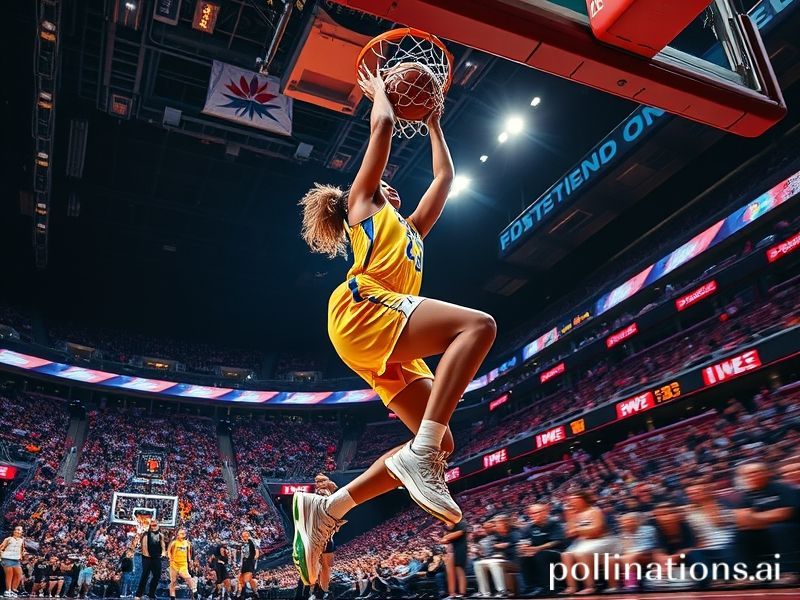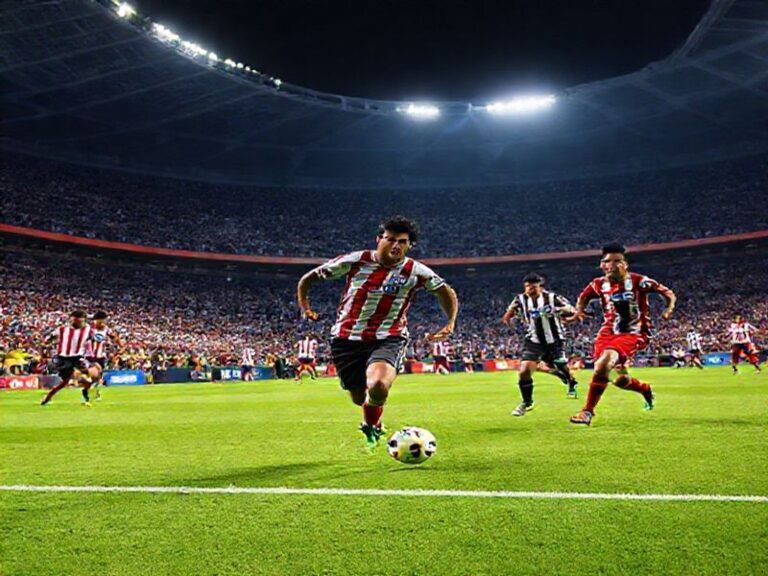WNBA Playoffs 2025: How a Mid-Court Trap Became the World’s Favorite Geopolitical Distraction
WNBA Playoffs 2025: When a Mid-Court Trap Becomes Geopolitical Theater
By Our Correspondent, writing from a hotel bar that still thinks “mocktail” is a hate crime
FIBA’s headquarters in Mies, Switzerland, is a concrete slab that looks like it was designed during a particularly bitter divorce. Inside, executives have spent the summer watching the 2025 WNBA playoffs the way arms-control inspectors watch reactor cooling ponds—quietly, obsessively, and with the growing suspicion that everyone else is getting better at the game than they are.
The playoffs tipped off in New York, where the Liberty’s chartered jet from JFK still had less legroom than a Tunisian commuter ferry. Within 48 hours, the bracket had already rearranged global supply chains of ego, cash, and national pride. When Sabrina Ionescu threaded a no-look pass through three defenders in Game 1, Chinese state television replayed it 19 times—once in super-slow motion with a red laser pointer diagramming the angle like a Pentagon briefing. The implication: if the People’s Liberation Army ever needs to intercept something in the South China Sea, maybe hire a guard who can anticipate back-door cuts.
Across the Atlantic, the French delegation took notes. Not because they care who wins—Paris will host the 2026 World Cup and has already booked every five-star hotel within pheromone range of the Champs-Élysées—but because the playoffs are a live demo of how American soft power still runs on hardwood. The same week the U.S. Senate couldn’t pass a budget, the Las Vegas Aces flew to Chicago on a plane outfitted with biometric sleep pods, paid for by a cryptocurrency exchange that technically exists only on a server in the Caymans. Somewhere, a European finance minister muttered that if NATO’s logistics looked this efficient, Ukraine would be in the Adriatic by now.
Meanwhile, in Lagos, the Celtel Arena sold out for a watch party featuring former D’Tigress captain Adaora Elonu doing color commentary in three languages. The halftime sponsor was a fintech start-up whose app lets fans trade player-performance NFTs while simultaneously sending remittances home. It’s the kind of synergy that makes Western venture capitalists feel both aroused and vaguely colonial.
Back on the court, the storyline is comfortingly familiar: supernova talent, catastrophic officiating, and the existential dread that the championship will be decided by whoever tears an ACL slowest. But the stakes have metastasized. When Breanna Stewart drained a buzzer-beater in Seattle, the Sports Bureau of Hong Kong issued a press release congratulating “the entire global women’s basketball fraternity,” which is bureaucratese for “please keep broadcasting rights cheap.” The Australian Opals, already scouting for the 2028 Olympics, have embedded a data analyst with Dallas whose only job is to count how many times Satou Sabally rolls her eyes at teammates; the metric is apparently predictive of fourth-quarter turnovers.
And then there’s the gambling. The UK’s Advertising Standards Authority just launched an inquiry into a billboard campaign that promised, “Bet the WNBA, retire like a Norwegian sovereign fund.” The fine print revealed the ad was paid for by a Maltese shell company whose board includes a retired Icelandic power forward and, for reasons no one can explain, the former president of Estonia.
The cynics—myself happily among them—note that every layup now carries the weight of international symbolism. A simple pick-and-roll is no longer just basketball; it’s a referendum on whether liberal democracies can still execute basic screening principles without getting sued. The players, bless their knees, seem largely oblivious. After Game 3, journalists asked Alyssa Thomas if she felt the global pressure. She replied, “I just want to box out,” which is either refreshing humility or the most devastating geopolitical mic drop since Kennan’s Long Telegram.
So the playoffs march on, a traveling circus of human excellence and algorithmic greed. Somewhere in the stands, a Slovenian teenager live-streams to 3 million followers while munching on popcorn imported from Nebraska, flavored with seaweed harvested off Jeju Island. The final buzzer will sound, confetti will fall, and within minutes the arena floor will revert to its higher calling: a parking garage for Amazon delivery vans.
And yet, for two months every autumn, the world agrees to pretend that a ten-foot rim can contain our collective anxieties about trade imbalances, carbon emissions, and the creeping suspicion that the multilateral order is held together by nothing sturdier than arena Wi-Fi. It’s either the most inspiring thing we still do together, or the most expensive distraction since the Roman Colosseum installed vomitoriums. Your call. The refs, as always, are not taking questions.







